|
- The country went under a lockdown early to help prevent the spread of the novel coronavirus, which authorities have credited with keeping cases and deaths of the virus low.
- It's already reopening some businesses and Prime Minister Kyriakos Mitsotakis told CNN he hopes to have the tourism industry back up and running by July.
Greece says it hopes to reopen the country to tourists within weeks thanks to an early lockdown that helped prevent the spread of the novel coronavirus within its borders.
Greece, which has a population of 10.72 million, has seen 2,632 cases of COVID-19, a much lower count than other countries, particularly some in nearby western Europe. The country has had 146 deaths from the virus, making a per capita death rate of 13.61 per million people.
Tourism is 12% of the economy in Greece, according to the Forbes, and hotels plan to reopen on June 1. There are plans in the works to invite tourists to the country in mid-June, and Prime Minister Kyriakos Mitsotakis told CNN that he wants to have everything up and running by July 1.
"Ideally we want more high-end tourists where we can actually respect social distancing,"Mitsotakis told CNN, adding that there would be COVID-19 testing at airports and temperature checks at hotels and local businesses.
Greece was quick to issue closures when the novel coronavirus first started spreading across the world. Mitsotakis canceled carnival festivities on February 27, canceled school, and closed college campuses on March 10, and shuttered restaurants and cafes on March 13, BBC reported.
He issued a lockdown on March 23, during which residents had to register to leave their homes to exercise or go to the pharmacy or supermarket, according to BBC. If residents violated the lockdown, they were fined.
Greece's borders have been closed to non-European Union citizens since March, air travel to several countries hit by COVID-19 has been suspended, and Greece issued a mandatory 14-day self-quarantine for anyone arriving from another country. At Athens International Airport, officials are performing thorough COVID-19 testing.
"We have reached a point where we've almost completely suppressed the epidemic, at least in the first stage and we'll begin to relax. We feel we've dodged the first bullet very clearly," Mitsotakis told CNN. "I think we did it the right way. Of course we didn't get everything completely correct, but if you look at the numbers, you can't argue with what we have achieved."
Nonessential businesses reopened on Monday, many of which are evaluating customers for symptoms before they enter.
Greek tourism minister Harry Theocharis told Reuters last month that travel might look different this year, but the country hopes they can reopen its borders for the economy.
"This season is not going to be a season like the other years, I would be a fool to believe that this could ever be the case, however there is a lot that we can do in order to re-open the touristic economy, the touristic flows, and that way we will able to support a lot of those enterprises the hotels, the travel agents," he said.

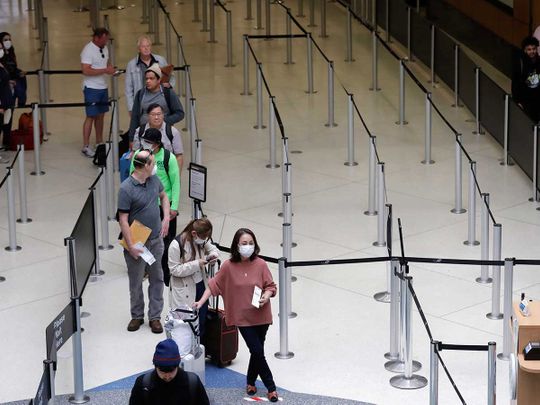

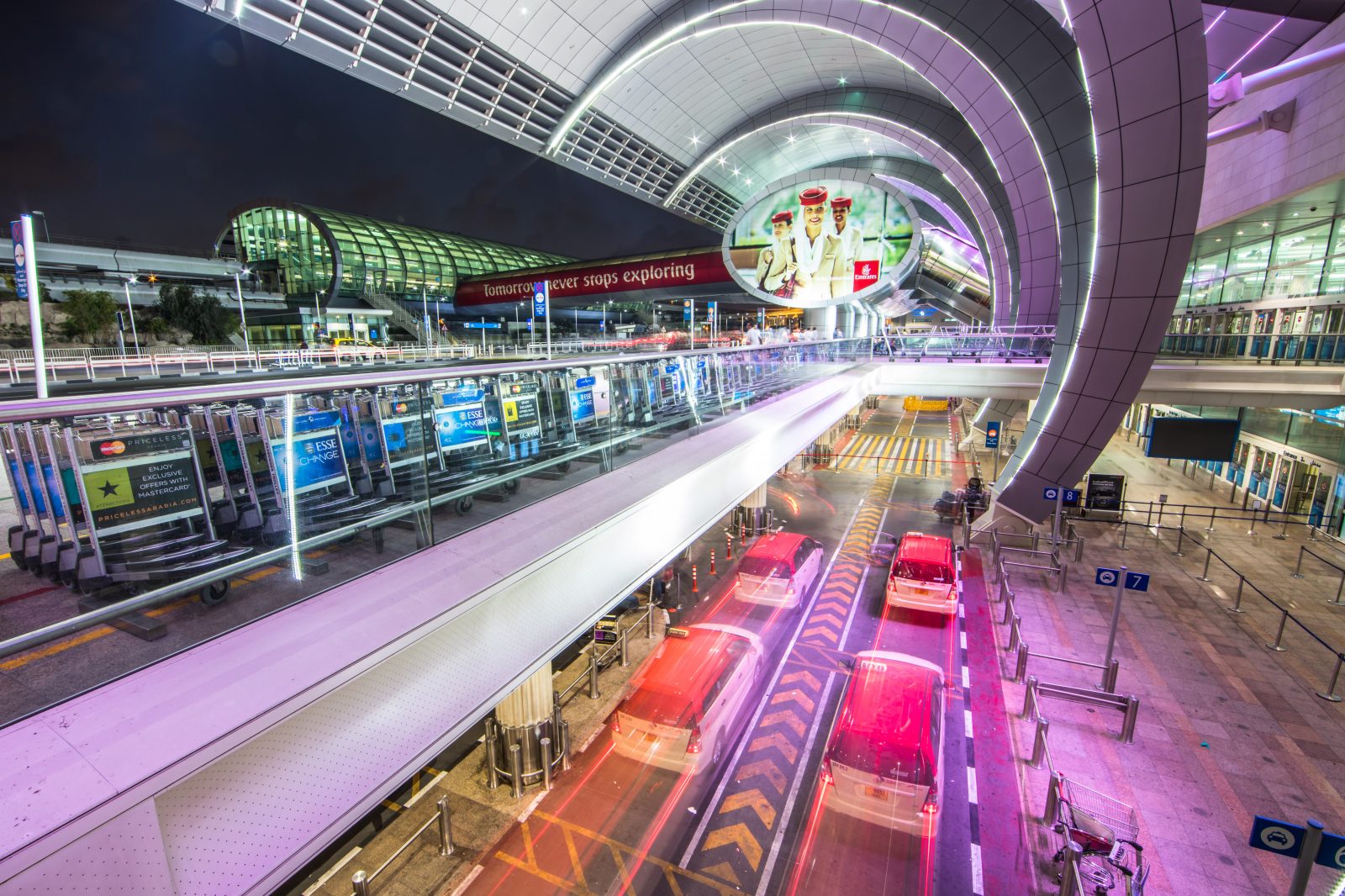






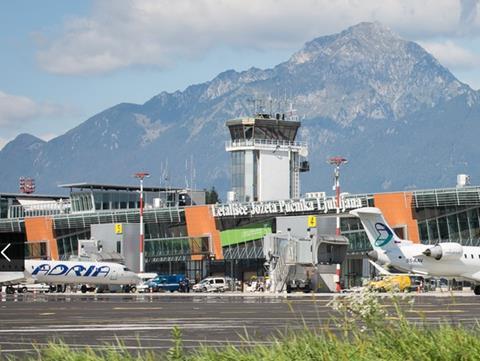








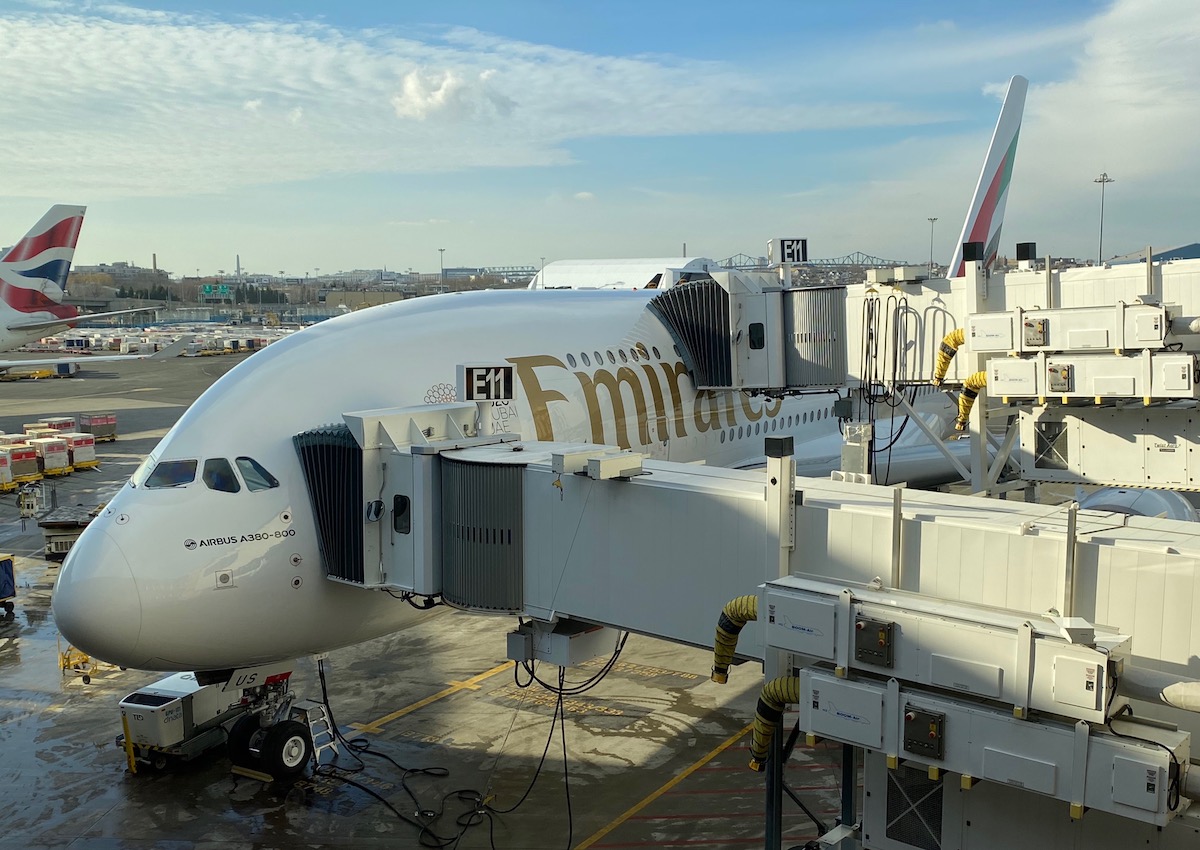 Tim Clark turned Emirates into one of the most well known airline brands
Tim Clark turned Emirates into one of the most well known airline brands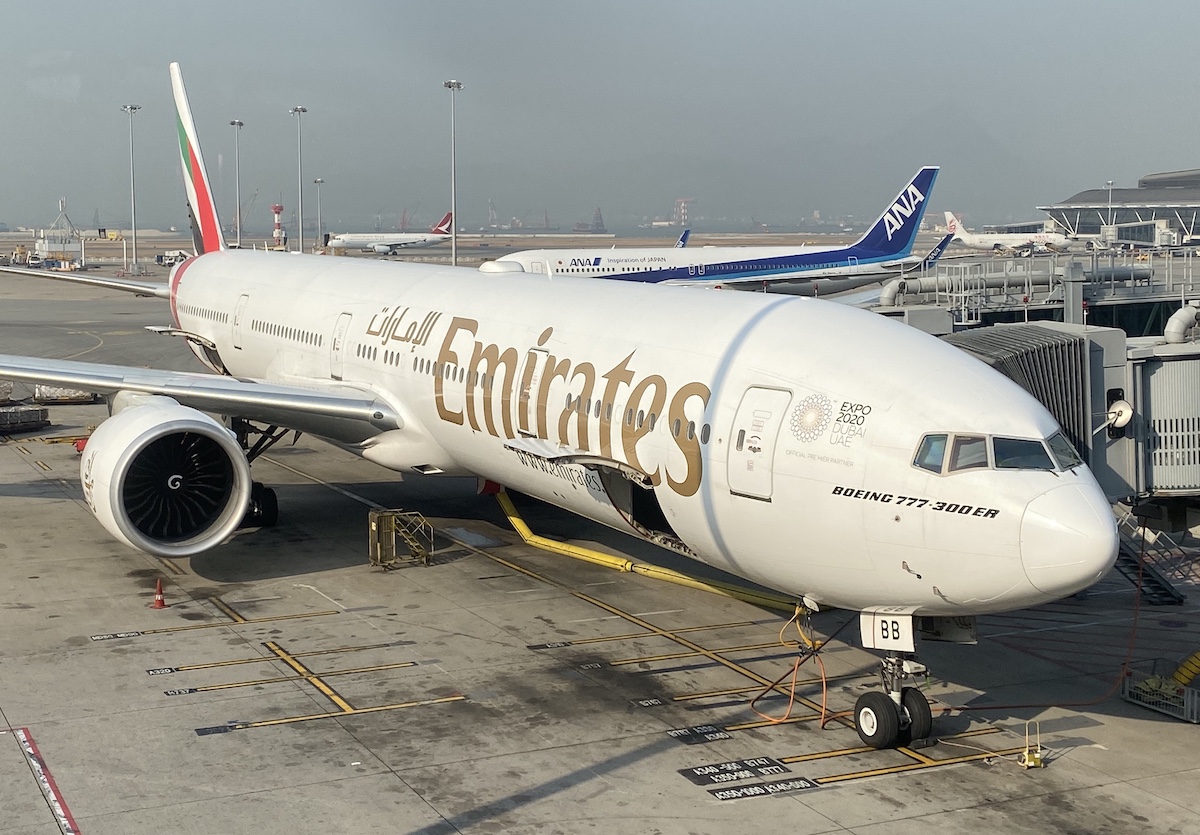 Clark thinks this summer should be written off
Clark thinks this summer should be written off




